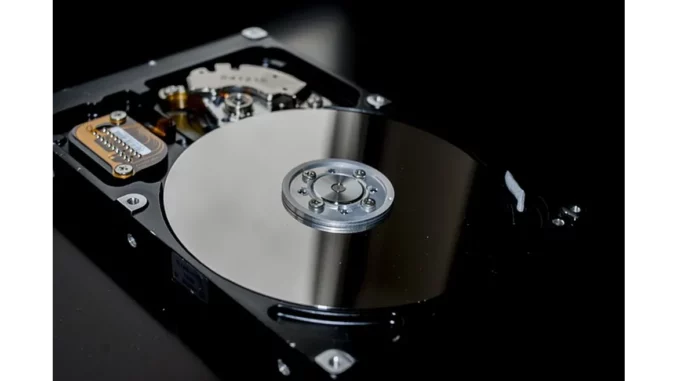
In an era where digital data is the cornerstone of both personal and professional life, the quest for a reliable, self-hosted backup solution has never been more critical. To navigate these waters, I recently had the opportunity to sit down with Alex Thompson, an IT enthusiast and home lab aficionado who has been exploring the world of self-hosting with a focus on backup solutions. Our conversation shed light on the practicalities, challenges, and rewards of managing a home lab environment.
Building a Resilient System
Alex’s journey into self-hosting began as a hobby but quickly evolved into a comprehensive project aimed at creating a robust, self-sustained backup system. “I started with the basics,” Alex explained, “simply wanting to have control over my data and ensure its safety without relying on third-party services.”
His home lab setup is anchored by a Proxmox 3-node cluster, which he meticulously built over time. The choice of Proxmox was driven by its versatility and open-source nature, allowing Alex to tailor the system to his specific needs. “Proxmox offers a great balance between functionality and cost-efficiency,” he noted, “and it’s been a reliable backbone for my infrastructure.”
Venturing into Ceph for Storage
The decision to integrate Ceph as a storage solution was another calculated move in Alex’s self-hosting strategy. Ceph, known for its scalability and redundancy, seemed an ideal fit for his growing data needs. “It’s a steep learning curve,” Alex admitted, “but once you get the hang of it, Ceph provides a seamless storage experience that’s hard to beat.”
He went on to describe how the distributed nature of Ceph enhances data safety by distributing it across multiple nodes. This not only safeguards against data loss but also improves access speed. “Knowing my data is protected even if one of the nodes fails gives me peace of mind,” Alex shared.
Navigating Challenges
Despite the benefits, Alex was candid about the challenges of managing such a sophisticated setup. “It’s not just a plug-and-play solution,” he warned, “you need to be prepared to dive into the technicalities.” From hardware compatibility issues to the intricacies of network configuration, the path to a smoothly running home lab is lined with hurdles.
Alex recounted a particularly challenging period when one of his nodes went down due to a hardware failure. “It was a stressful experience,” he recalled, “but it taught me the importance of regular maintenance and monitoring.”
The Importance of Community
Throughout our conversation, Alex emphasised the invaluable role of the online community in his journey. “Forums and user groups have been a lifeline,” he said, “there’s always someone who has faced the same challenge and can offer advice.”
He highlighted the collaborative spirit among fellow tech enthusiasts, who are often eager to share insights and solutions. This sense of community not only aids in problem-solving but also enriches the learning experience. “It’s a constant exchange of knowledge,” Alex affirmed, “and it’s incredibly rewarding.”
Future Plans and Innovations
Looking ahead, Alex is keen to explore further innovations in his home lab. “I’m considering integrating more automation into the system,” he said, “perhaps leveraging tools like Ansible to streamline updates and maintenance tasks.”
He is also interested in experimenting with different backup strategies, including exploring cloud integration for offsite backups. “While self-hosting is my primary focus, having an offsite backup adds an extra layer of security,” he explained.
Conclusion: A Journey Worth Undertaking
As our conversation drew to a close, it was clear that Alex’s venture into self-hosting backups is not just about safeguarding data—it’s a passion project that combines technical curiosity with practical application. His experience underscores the potential of self-hosting for those willing to invest the time and effort to understand its complexities.
For those considering a similar path, Alex offered some final words of wisdom: “Start small, learn continuously, and don’t be afraid to ask for help. The journey can be challenging, but the rewards of having complete control over your data are well worth it.”
Through Alex’s insights, we gain a glimpse into the dynamic world of home labs, where innovation meets dedication, and every challenge presents an opportunity to learn and grow.
Lilianna Stolarz

